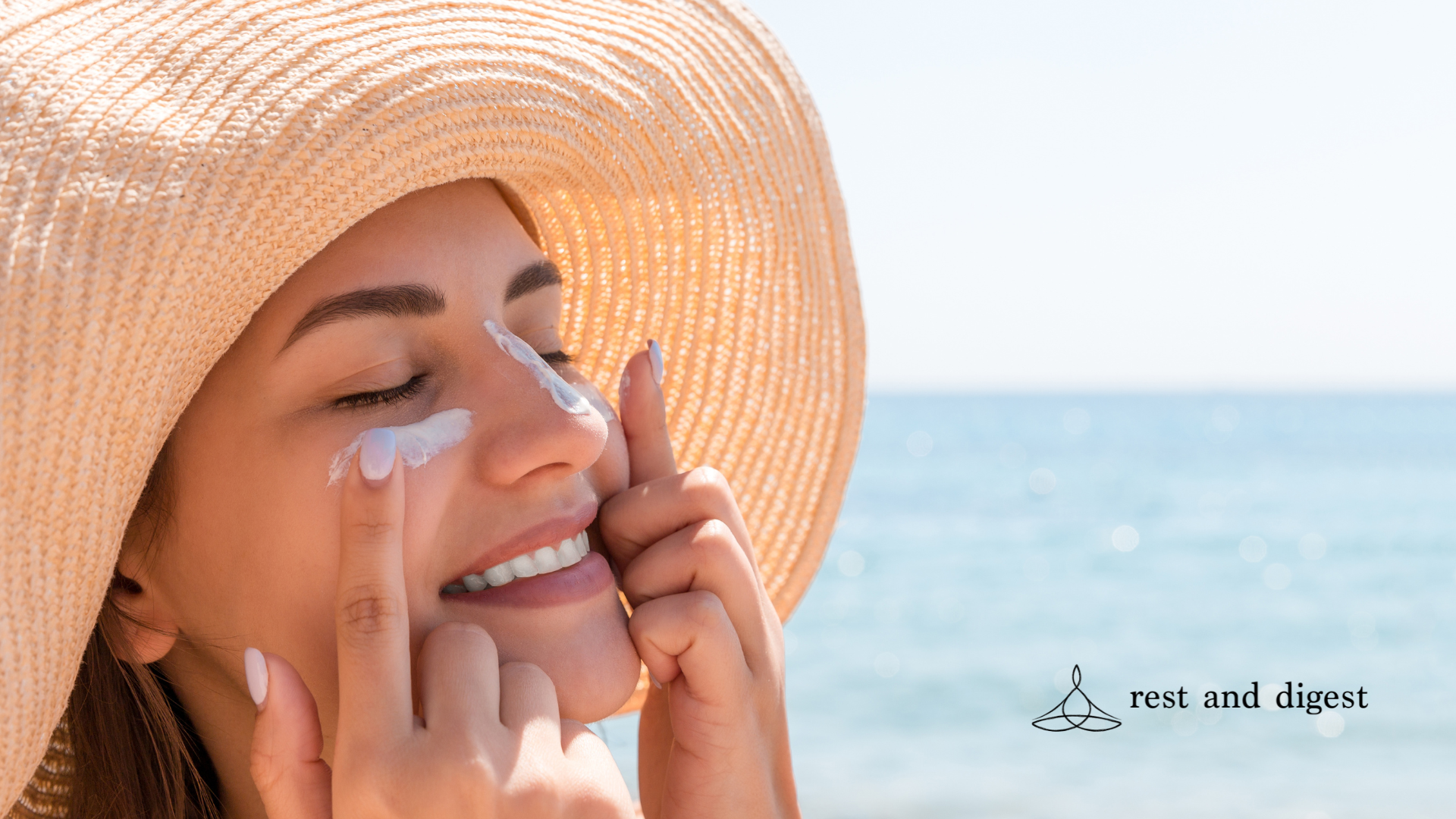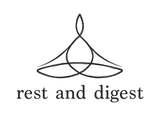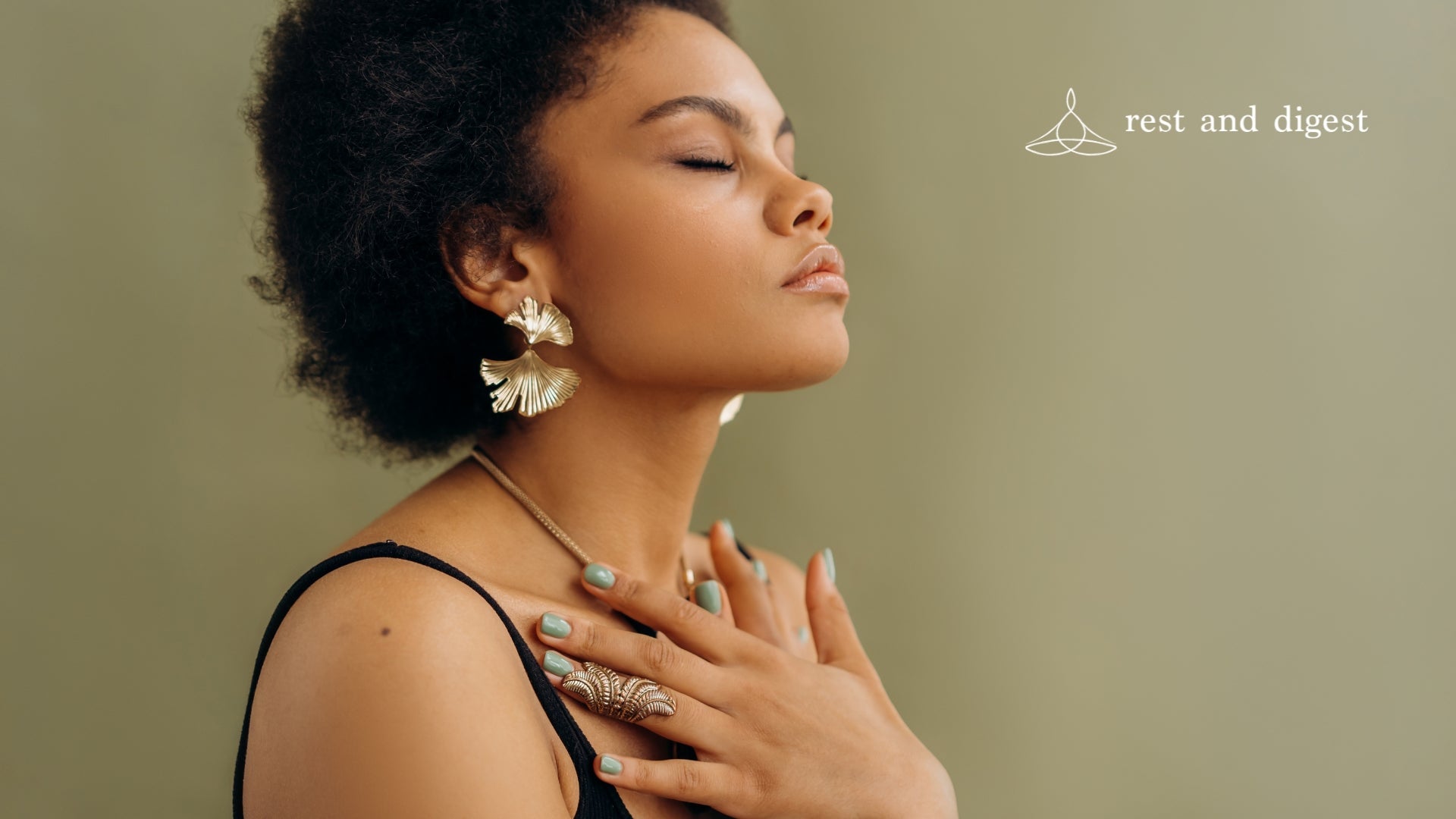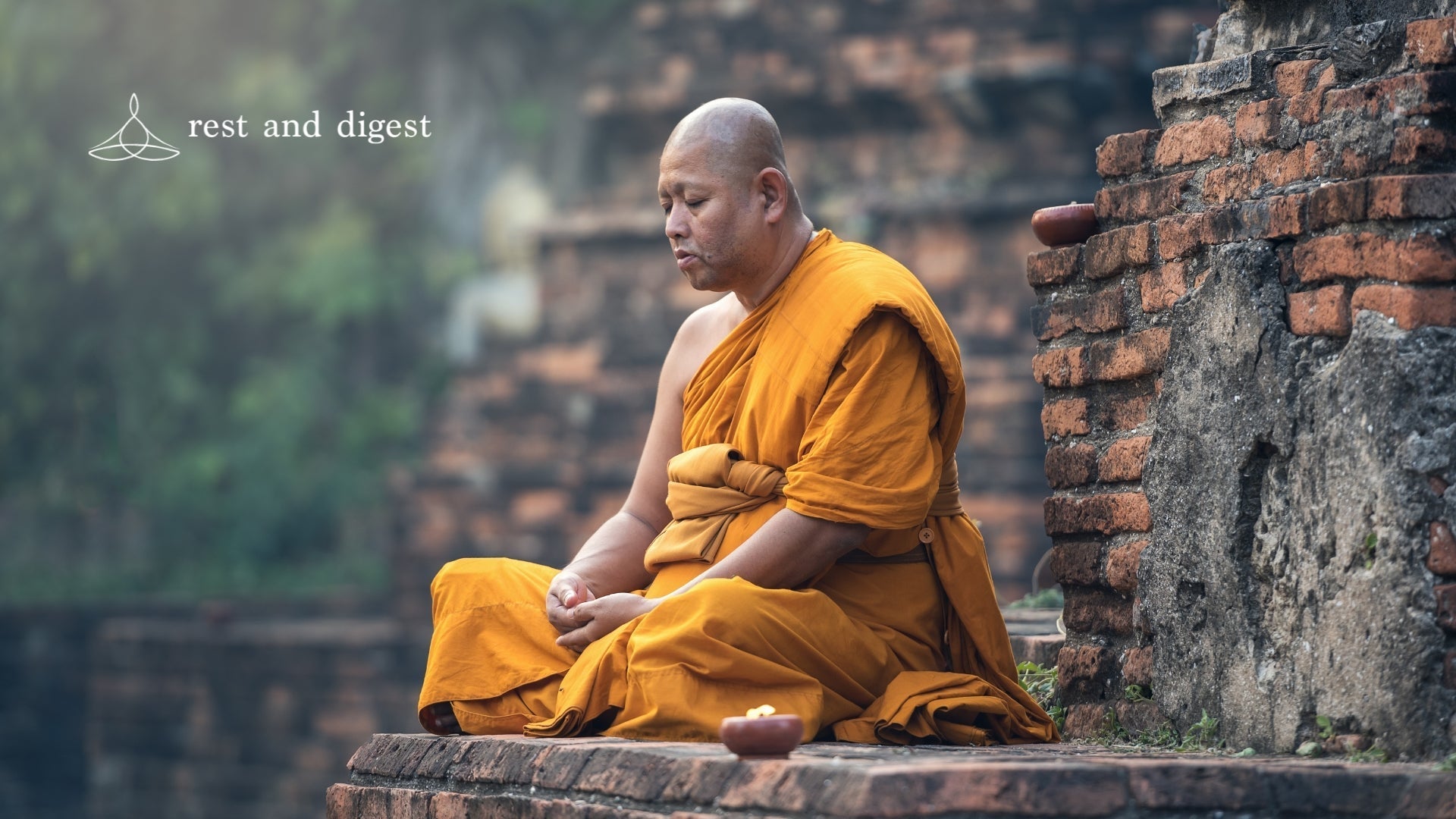
The Best Mineral Sunscreen For Use In Australia
Australia is known for its beautiful beaches and outdoor lifestyle, but this has a flip side: being exposed to the sun intensely and for long periods. The country's geography means there is more ultraviolet radiation exposure. This harsh sunlight requires that people consistently wear sunscreen in order to protect themselves from harmful UV rays, which are very dangerous due to their potential link with skin cancer. The fact that Australia has one of the highest skin cancer rates globally means that effective sun protection is vital.
Why Sun Protection Is Essential
Sunscreen prevents both short-term and long-term damage resulting from sunlight exposure. Too much sun can cause severe sunburns within days, which in addition to being painful increases the chances of getting skin cancer. Chronic exposure can also lead to premature aging like wrinkles as well as liver spots and significantly increase chances of developing such cancers as melanoma which are specifically aggressive. This is why you need to add the best mineral sunscreen to your daily self care routine.
Different Types Of Sunscreens
Sunscreens fall into two major categories: mineral sunscreens and chemical ones. These two types aim at defending your dermis from UV radiation but differ extensively regarding what active ingredients they contain and how they function.
Mineral
The active compounds in mineral sunscreens include zinc oxide or titanium dioxide among other things. These minerals lie on top of the skin surface forming an impenetrable barrier – reflecting back any incoming ultraviolet rays.
Let’s have a look at some key facts about mineral-based sunscreens:
- Instant Protection: As soon as you apply mineral sunscreen on your body it gets protected immediately since these substances reflect UV light instead of absorbing it hence no waiting time for them to penetrate the skin.
- Full Spectrum Protection: Both titanium dioxide and zinc oxide are broad-spectrum protectors, meaning that they shield skin from both UVA and UVB rays.
- Skin Sensitivity: Mineral sunscreen formulas are less likely to irritate so they can be used on all types of skin including children's delicate skin.
- Safety: The minerals in these products are not destroyed by sunlight. This means that there is a long-lasting period of effectiveness without any harmful elements released when they break down.
Chemical
Oxybenzone, avobenzone, octinoxate among others make up chemical sunscreens that contain organic compounds (that are carbon-based). These substances absorb ultraviolet lights turning them into heat energy which exits through the skin. Chemical sunscreens include the following features:
- Absorption: For chemical sunscreens to work, they must be absorbed into your body, therefore after application takes about 15-30 minutes before it works.
- Potential Irritants: Some specific chemicals may cause irritation, especially to individuals having sensitive skin while certain ones such as oxybenzone have been seen to cause allergic reactions and hormonal imbalance.
- Frequent Reapplication: Chemical sunscreens disintegrate more quickly than physical types where direct exposure necessitates frequent applications for continued efficacy.
- Environmental Concerns: Some of the elements in these types of sunscreens have been associated with causing damage to coral reefs, hence leading to certain parts of the globe prohibiting their sale because they contain oxybenzone and octinoxate which will affect marine habitats.
Given the high UV index in Australia, the choice of sunscreen becomes even more critical. Miineral sunscreens offer several advantages that make them a preferable option for sun protection in such harsh conditions. But, how to find the best mineral sunscreen? Keep reading to find out.
Choosing The Best Mineral Sunscreen To Use In Australia
When selecting the best mineral sunscreen, consider the following factors to ensure optimal protection and skin health:
- Broad-Spectrum Protection: Ensure the sunscreen offers broad-spectrum protection against both UVA and UVB rays. Look for high concentrations of zinc oxide and/or titanium dioxide.
- SPF Rating: Choose a sunscreen with an SPF (Sun Protection Factor) of at least 30. For extended outdoor activities, an SPF of 50+ is recommended.
- Water Resistance: Given the popularity of beach activities and swimming in Australia, water-resistant formulas are crucial. Check the duration of water resistance, typically labeled as 40 or 80 minutes.
- Formulation: Opt for a sunscreen that suits your skin type. For daily use, lightweight, non-greasy formulations that blend well into the skin are preferable. For children or those with very sensitive skin, look for hypoallergenic and fragrance-free options.
- Reef-Safe: Ensure the sunscreen is labeled as reef-safe, particularly if you will be swimming in the ocean. Avoid products with harmful chemicals like oxybenzone and octinoxate.
The Base Collective Mineral Sun Protection Product
If you are wondering where to buy the best mineral sunscreen, we've got you covered. The Base Collective Hydrating Mineral Sunscreen from Rest and Digest is a premium product designed to provide robust sun protection while nourishing and hydrating the skin. Tailored for the harsh Australian sun, this sunscreen ensures comprehensive defense against harmful UV rays, making it an essential addition to your daily self-care routine.
Here’s what makes our Rest and Digest sunscreen stand out as the best mineral sunscreen in Australia.
- Full UV Protection: The Base Collective Mineral Sunscreen has an SPF of 50 that provides coverage against UVA, UVB, and UVC rays. This kind of protection is important for preventing sunburns, premature aging, and reducing the risk of skin cancer. It contains zinc oxide which acts as a barrier between your skin and harmful rays by reflecting them back outwards and scattering them across its surface.
- Moisturizing Effect: The Base Collective Sunscreen is enhanced using hyaluronic acids to keep moisture levels up so that there isn't any dryness caused by being exposed to sunlight. Also known for its ability to retain moisture, hyaluronic acid ensures a well-hydrated appearance with plump-looking skin.
- Antioxidant Shielding: Magnesium is also included in our sunscreen to protect against radicals created by UVA exposure by serving as an antioxidant. This helps prevent oxidative stress leading to premature aging.
- Tinted For Seamless Blending: Unlike many physical sunblocks that leave a white cast after application, The Base Collective's tinted formula melts into the skin very easily. This makes it suitable for most skin tones and ideal for daily use either alone or under makeup.
- Nourishing Oils: Our sunscreen contains jojoba and sunflower seed oils, which are known for their moisturizing properties. These oils provide the skin with essential nutrients and antioxidants, enhancing overall skin health and resilience against environmental stressors.
- All-Natural Ingredients: All ingredients used in The Base Collective sunscreen formula are 100% natural, without any chemicals. This reduces the chances of skin irritations and allergies hence making it suitable for use even by those with sensitive skin.
- Reef-Safe And Chemical-Free: The sunscreen is free from harmful chemicals that can damage coral reefs, making it an environmentally responsible choice. Its all-natural, chemical-free composition is safe for both your skin and the planet.
- Australian-Owned And Manufactured: Proudly Australian, this sunscreen supports local manufacturing and adheres to high-quality standards.
- Cruelty-Free And Vegan: Committed to ethical practices, this sunscreen contains no animal-derived ingredients and is not tested on animals. It is also free from gluten and dairy, ensuring it is suitable for those with specific dietary restrictions.
FAQs
What Does "Broad-Spectrum" Mean?

Broad-spectrum sunscreen indicates that it protects against both UVB (short-wave ultraviolet B) and UVA (long-wave ultraviolet A) rays. UVB rays primarily cause sunburn and contribute to skin cancer, while UVA rays penetrate deeper into the skin, causing premature aging and also increasing the risk of skin cancer. Using a broad-spectrum sunscreen like The Base Collective sun protection product helps protect your skin from the harmful effects of both types of UV radiation.
What Does SPF Stand For?
SPF stands for Sun Protection Factor. It is a measure of how well a sunscreen protects against UVB rays, the type of radiation that causes sunburn and contributes to skin cancer. SPF numbers typically range from 15 to 50+. An SPF 30 sunscreen blocks approximately 97% of UVB rays, while higher SPFs provide slightly more protection. It's important to note that SPF does not directly measure protection against UVA rays, so using a broad-spectrum sunscreen is essential for comprehensive sun protection.
How Much Sun Cream Should I Apply?
To ensure you get the full protection indicated by the SPF, it's recommended to apply two milligrams of sunscreen per square centimeter of skin. This roughly translates to about a shot glass (approximately 30 milliliters) of sunscreen for the exposed areas of your face and body. Applying too little sunscreen can significantly reduce its effectiveness, so be generous when applying.
How Much Should I Apply On My Face?

For the face, a nickel-sized dollop of sunscreen is typically sufficient. Make sure to apply it evenly over all exposed areas, including the forehead, cheeks, nose, and chin. Don't forget sensitive areas like the ears and neck.
Do I Need to Re-apply During The Day?
Yes, sunscreen needs to be reapplied regularly to maintain its effectiveness. Even water-resistant sunscreens can wear off with time, especially if you are sweating or rubbing your skin. As a general guideline, reapply sunscreen every 2 hours when you are outdoors. If you are swimming or engaging in activities that cause heavy sweating, reapply sunscreen more frequently, ideally every 40 to 80 minutes, depending on the sunscreen's water resistance label.
In Australia, where the sun's rays are particularly harsh and the incidence of skin cancer is high, choosing the right sunscreen is crucial. Our Rest and Digest sunscreen stands out as a superior self care option due to its immediate effectiveness, longer-lasting protection, skin-friendly properties, and environmental benefits. Whether spending a day at the beach, hiking in the outback, or simply enjoying the outdoors, having the best mineral sunscreen is crucial for staying safe under the sun.





